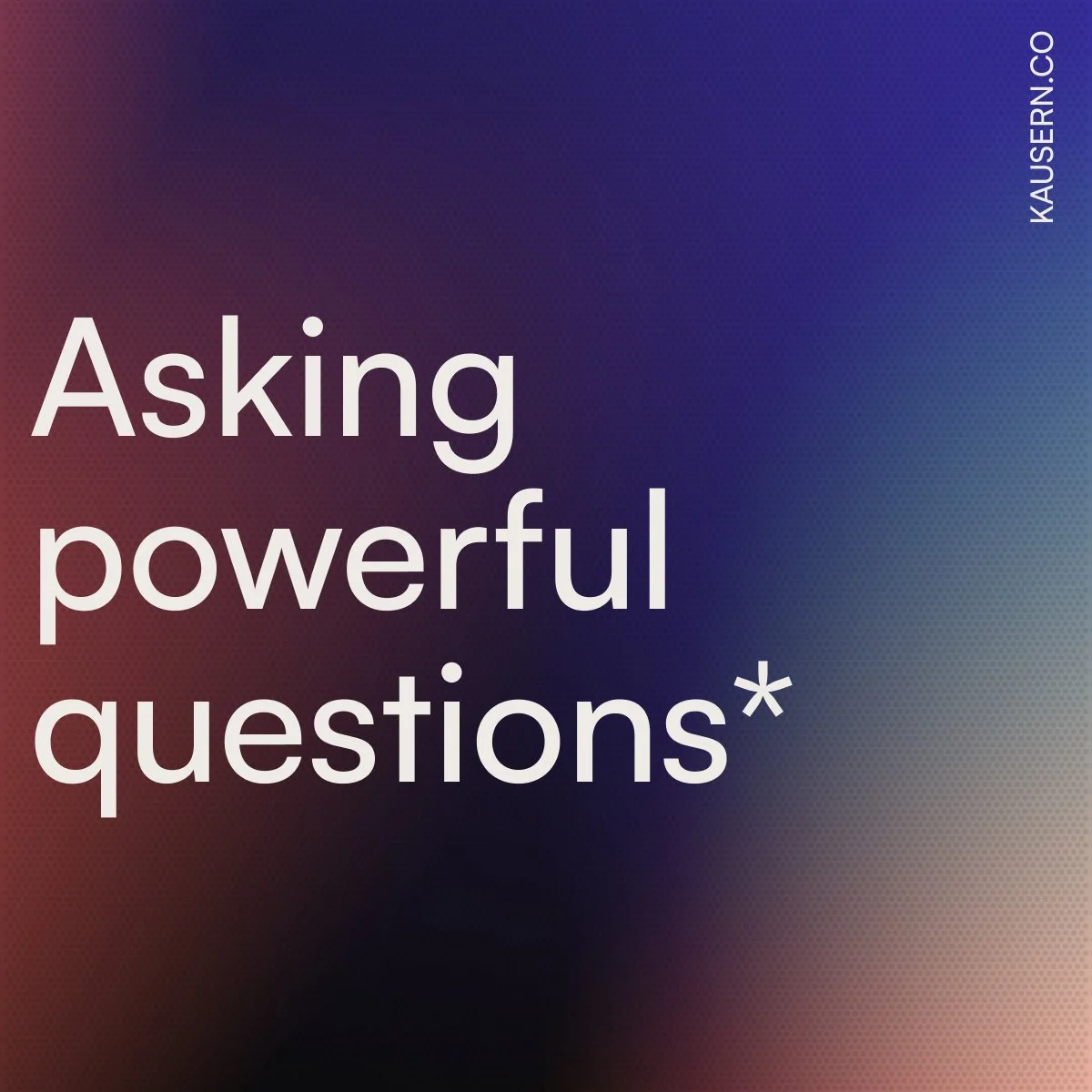Asking powerful questions
"Quality questions create a quality life. Successful people ask better questions, and as a result, they get better answers.” – Tony Robbins
In my previous post, I talked about what it really means to be a good listener: that is, to listen with intent and for meaning. This week, we’ll cover “How to Ask Powerful Questions”, and how to apply it effectively as a coach-leader.
There are two kinds of questions: open-ended and close-ended. Open-ended questions begin with 5Ws (What, When, Who, Where, Why) and 1H (How), and cannot be answered with a simple yes or no. They can be used to stimulate self-reflection, challenge assumptions, and encourage the exploration of new possibilities, and should ideally make up about 80% of the conversation.
Here are some examples of effective open-ended questions:
- How would 10 out of 10 look like to you?
- What do you see as the biggest obstacle in achieving your goals?
- How does this situation relate to experiences from your past?
- That’s one way of looking at it. What might other ways be?
- What would you do differently if you weren’t afraid of judgement?
- If you were in the other person’s shoes, how would you view this problem?
- How do you know if this is true?
- How does this situation align with your values?
- What if…?
- That’s an interesting idea. How can we make it work?
Here is a short guide on which question starter to use:
- What and How encourages expansive thinking
- Who, When and Where are info-gathering questions
- Why questions can sound judgemental, so use them less or not at all
Now, close-ended questions lean more towards exploring clarity and encouraging decision-making. Most close-ended questions can be answered with a yes or no, and 20% of the conversation should be spent here. Here are some examples:
- Are we on the right path or off tangent?
- Are you committed or interested?
- Is it a want or a should?
- Do you think this is the source of the problem or the symptom?
- You presented a few options. Which is your preferred?
Coach-leaders who master the art of asking questions will be able to support individuals as they dive below the waterline of the iceberg (see earlier post) and if trust is earned, to navigate to even deeper waters. If done right, it will trigger a light-bulb moment in their mentees, helping them take purposeful actions and unlocking their potential. ●

